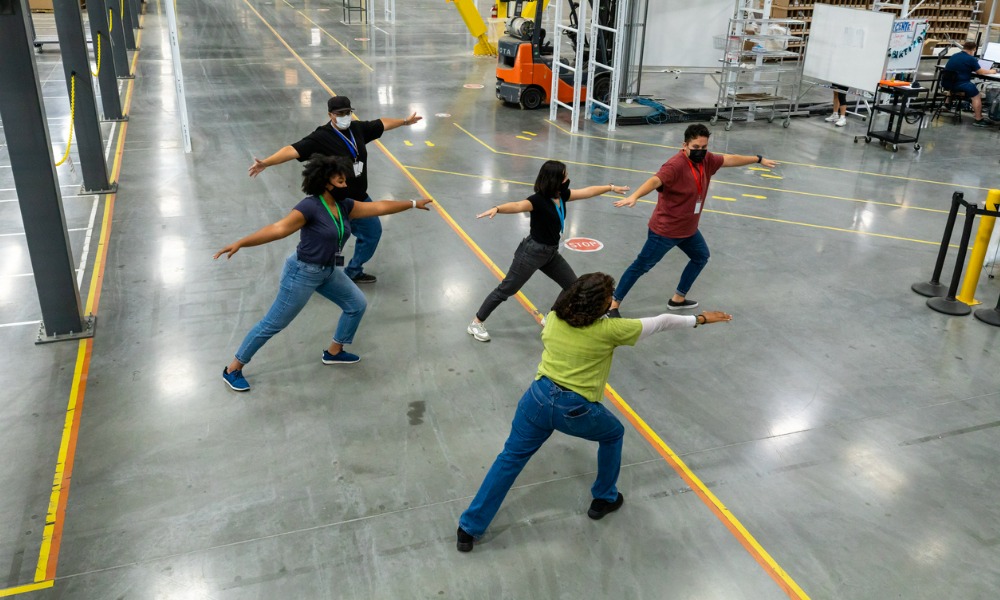
'When employers commit to a culture that supports employees, they can bolster business performance'

Currently, about half of workers say the state of their personal mental health is either OK (28%), fair (15%) or poor (5%).
And 52% of workers said their company offers employee health and wellbeing benefits, according to a report from LifeSpeak.
However, just 21% said their company is a “wellness innovator” – meaning they have a strong culture of employee health and wellbeing, including leadership support, benefits and other resources, says the wellbeing platform.
"Quantifying the connection between employee belonging, workplace culture, and benefits is important not only for HR, but C-suite leaders," said Michael Held, founder and CEO of LifeSpeak. "Because when employers consistently and authentically commit to nurturing a culture that supports employees with relevant and accessible benefits, they can mitigate negative employment trends, while bolstering business performance."
Nearly all (97 per cent) of 18- to 34-year-olds are burned out, according to a previous report.
Creating a sense of belongingness among workers is a crucial step to supporting their overall wellbeing, according to the report.
As it is, 52% of workers would be comfortable talking about mental health at work while a full 40% would not.
Workers with a low sense of belonging are far more likely (62%) to be uncomfortable discussing this compared with those who have a high sense of belonging (33%), found the survey of 1,000 employees and 1,000 human resources professionals in the fall of 2022.
The sense of belonging also plays a role in workers’ perception of what their employer is doing. For example: 37% of workers said their employer has made significant positive changes to how they support employee mental health and wellbeing and 39% said they saw some positive changes in this regard.
Meanwhile, 20% saw no changes. Seven in 10 (70%) of those with a low sense of belonging and 44% of those with a high sense of belonging felt this way.
About 25% of workers also said their company doesn’t prioritize their health and wellbeing, and this is far more common among those with a low (61%) sense of belonging compared with those with a high sense (15%).
Those in the low belonging group are also far more likely (70% compared to 44% among those in the high belonging group) to say that they’ve thought about leaving their job due to mental health reasons.
Engagement levels have gone from historic highs to historic lows in the past year, according to one expert.
Being a wellness innovator has its advantages, according to LifeSpeak. Compared to those in companies not belonging to the group, workers employed at these companies are more likely to be:
Here are three ways employers can build a sense of belonging in the workplace, according to Gartner: